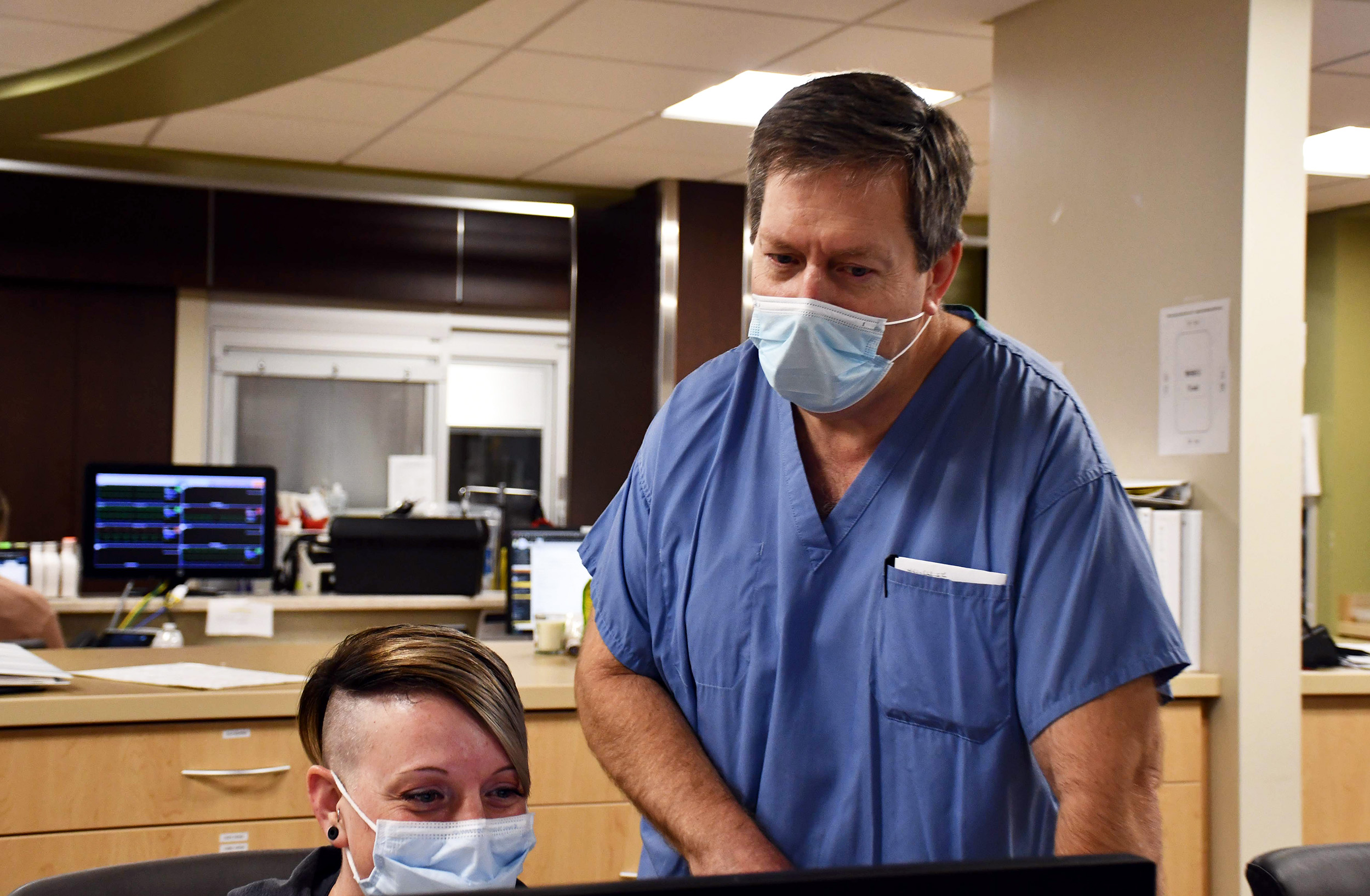Reduce Your Risk of Pneumonia
11/9/2022

Dr. Kris Lahren, Aspirus Pulmonary Physician
According to the Stop Pneumonia
Initiative (SPI), pneumonia claimed 2.5 million lives, or one person every
13 seconds, in 2019.
Respiratory infection
deaths further increased during the COVID-19 pandemic, reaching a death toll of
over six million in 2021. Health experts urge the public to act now to help
reduce respiratory infection illness and deaths, as well as the risk of further
respiratory infection pandemics.
“Fewer people were
getting sick with respiratory viruses other than COVID while strict masking and
social distancing measures were in place. Now we’re seeing a significant
increase in respiratory virus activity and anticipate it could get worse as we
move further into flu season,” says Kris Lahren,
MD, Aspirus Pulmonary and Critical Care Physician.
World Pneumonia Day,
November 12, was established by the SPI in 2009 to raise awareness about the
world’s biggest infectious killer of adults and children. Pneumonia is a common lung infection caused by germs,
such as bacteria, viruses, and fungi in the air we breathe. Dr. Lahren
adds “the cause of the infection and the overall health of the person who gets
it makes a difference in the severity of illness. That’s why it’s important
that people remain diligent in their efforts to stay healthy even as those
preventative measures against COVID-19 continue to decrease.”
Risk factors
According to
the American Lung Association (ALA), people at high risk for pneumonia
include those:
- With a chronic lung disease
(including asthma and COPD), heart disease or diabetes
- Recovering from severe illness
- In nursing homes or other
chronic care facilities
- Who smoke cigarettes
- Under 5 years of age or 65 or
older
Reduce your risk
The ALA offers these
four steps to help reduce the risk of pneumonia:
1. Get a flu shot. Pneumonia often develops
as a complication of influenza. A flu shot, therefore, can help protect you
against both diseases.
2. Get vaccinated. You can get vaccinated
against pneumococcal pneumonia, the most common cause of bacterial pneumonia.
These vaccines are recommended for everyone at high risk of getting pneumonia.
3. Stay healthy. Since pneumonia often
strikes when the immune system is weak, keeping your immune system strong can
help ward off this illness. It can also help ward off other respiratory
infections that can lead to pneumonia.
Keep your immune
system healthy with good health habits, a healthful diet, cleanliness, rest and
regular exercise. Even if you do get sick, you'll get over it faster with a
healthy immune system.
4. Keep an eye on your lungs. Watch out for
any respiratory symptoms that last longer than a few days. Though this won't
actually prevent pneumonia, it can help prevent a mild case from turning into a
serious one. Early treatment makes a big difference.
Flu shots are offered
at various facilities across the Aspirus Health system. For more information
about scheduling or to find a location near you, visit www.aspirus.org/flu-vaccinations.
Back to all Posts